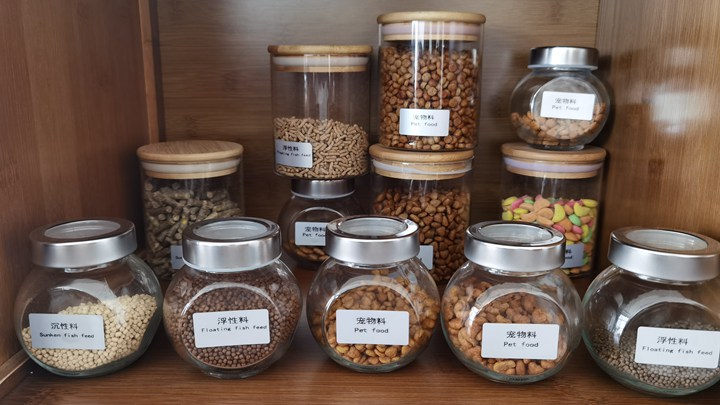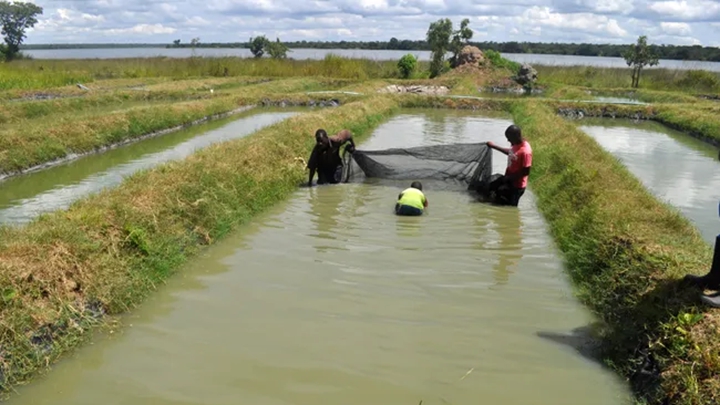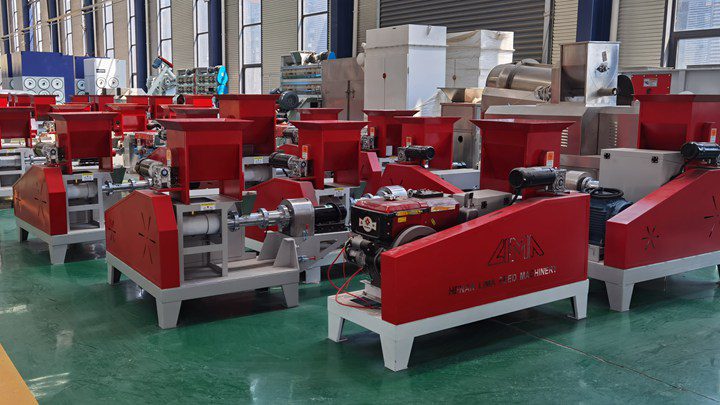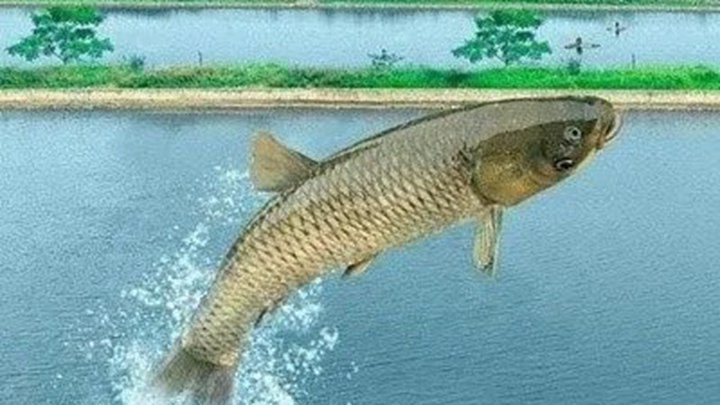The Kenyan population is growing at a high rate, which is causing a significant increase in the demand for food production. Many people are venturing into the aquaculture industry to satisfy the market. However, as a fish farmer in Kenya, you will be sure to face some challenges.
To succeed as a farmer and meet the nutritional needs and pellet size requirements, secure your feed mill at LIMA, a trusted company.
Challenges of Fish Feed Production in Kenya
High Cost of Production
The cost of producing fish feed in Kenya is high due to the ever-increasing cost of fuel and electricity. This is due to taxes imposed by the government.
To overcome such expenses, you can use feed mills that consume little electricity or fuel and require minimal labour to reduce production expenses.
Lack of Technical Expertise
Although the Kenyan population is high, finding experts who can work on your mills can be quite challenging. Feed mills are rare, and if you are to have one, you must be willing to educate your workers on how to use the machine.
In such cases, opting for feed mills that require minimal expertise is better. Minimal expertise means that you are likely to spend less on labour costs.
Limited Value Addition
Most of the raw materials needed to make fish feed are limited. However, most of the raw materials are imported from neighbouring countries. Due to heavy taxation on imported products, it is pretty challenging for some Kenyan farmers to obtain the products.
To correctly resolve such a challenge, a feed meal that can produce quality feeds from the raw materials found in the locality is needed. Such raw materials can be Soya beans, corn, and barley.
Final Recommendations

As a determined farmer, you should always opt for a quality feed meal that will help reduce the cost of production. Here at LIMA, we are willing to help reduce your production cost. Our quality feed mills are different sizes depending on your type of farm scale.





